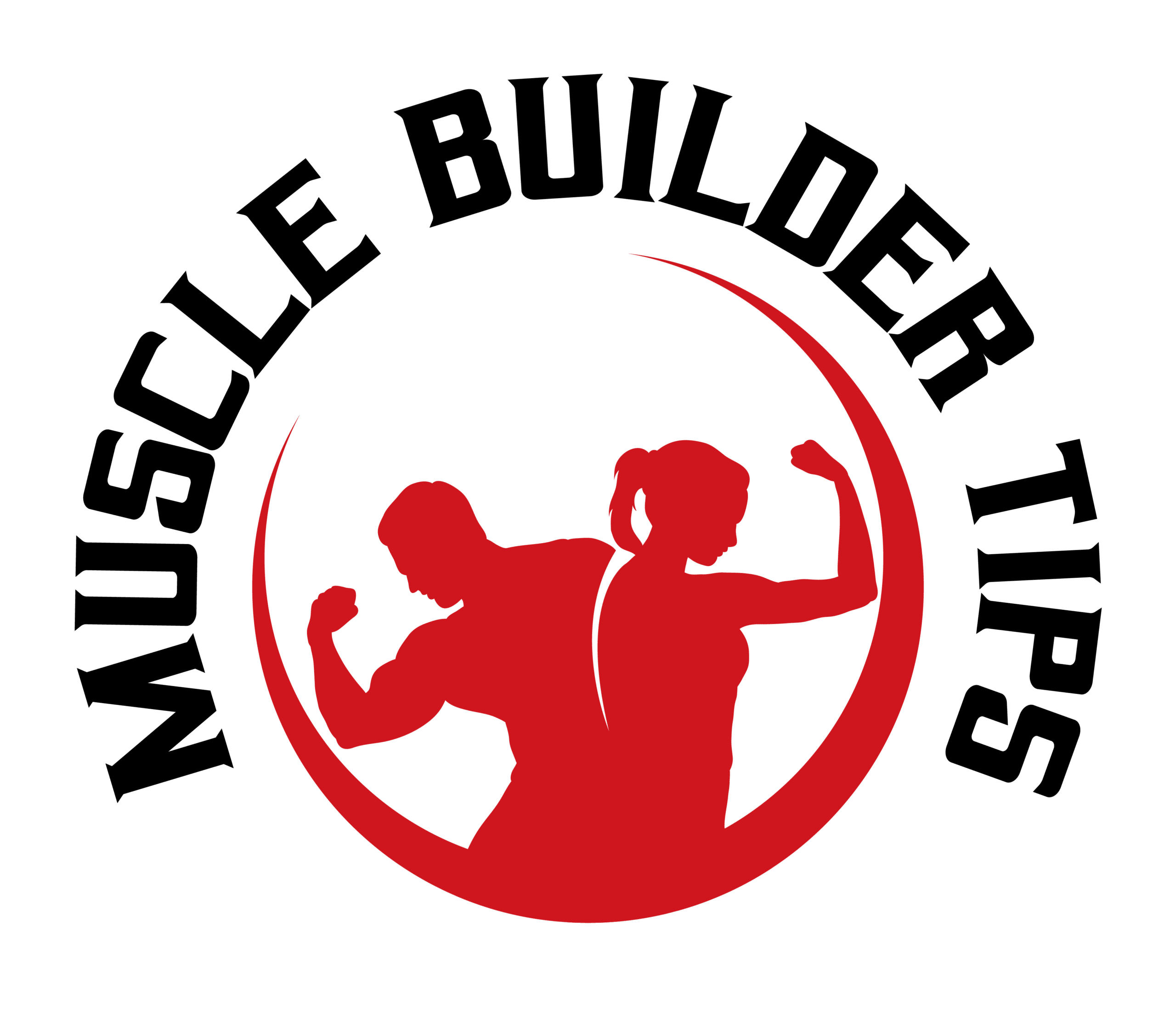
As you age, maintaining lean muscle mass becomes increasingly important for your overall health and well-being. After the age of 40, your body naturally begins to lose muscle at a rate of approximately 1% per year. This gradual decline can lead to decreased strength, increased risk of injury, and a slower metabolism.
Lean muscle protein supplements can play a crucial role in counteracting these effects, providing your body with the necessary building blocks to support muscle maintenance and growth. By incorporating these supplements into your diet, you can help preserve your muscle mass, enhance your physical performance, and improve your quality of life. Moreover, lean muscle protein supplements are not just for athletes or bodybuilders; they are beneficial for anyone looking to maintain their strength and vitality as they age.
These supplements can help you meet your daily protein requirements, especially if you find it challenging to consume enough protein through whole foods alone. By ensuring that you have adequate protein intake, you can support your body’s recovery processes, boost your immune system, and even improve your mood. In essence, lean muscle protein supplements can be a valuable ally in your journey toward healthy aging.
Key Takeaways
- Lean muscle protein supplements are important for people over 40 to support muscle health and prevent age-related muscle loss.
- When choosing a lean muscle protein supplement, consider factors such as protein source, added ingredients, and your specific fitness goals.
- Lean muscle protein supplements can aid in muscle recovery and growth by providing essential amino acids and promoting protein synthesis.
- Protein plays a crucial role in maintaining muscle mass as we age, making it important to ensure adequate intake through supplements and diet.
- Incorporate lean muscle protein supplements into your daily routine by adding them to smoothies, oatmeal, or using them as meal replacements for convenience.
Choosing the Right Lean Muscle Protein Supplement for Your Needs
When it comes to selecting the right lean muscle protein supplement, it’s essential to consider your individual needs and preferences. There are various types of protein supplements available on the market, including whey, casein, soy, pea, and hemp proteins. Each type has its unique benefits and drawbacks, so it’s crucial to evaluate which one aligns best with your dietary restrictions, lifestyle, and fitness goals.
For instance, if you are lactose intolerant or following a vegan diet, plant-based proteins like pea or hemp may be more suitable for you. In addition to the type of protein, you should also pay attention to the supplement’s nutritional profile. Look for products that are low in added sugars and unhealthy fats while being rich in essential amino acids.
Some supplements may also contain additional ingredients such as vitamins, minerals, or digestive enzymes that can enhance their effectiveness. Reading labels carefully and researching brands can help you make an informed decision that supports your health and fitness objectives.
How Lean Muscle Protein Supplements Can Aid in Muscle Recovery and Growth
Lean muscle protein supplements are particularly effective in promoting muscle recovery and growth after exercise. When you engage in physical activity, especially resistance training, your muscle fibers experience tiny tears that need to be repaired. Protein plays a vital role in this repair process by providing the amino acids necessary for muscle synthesis.
By consuming a protein supplement post-workout, you can accelerate recovery and reduce muscle soreness, allowing you to get back to your routine more quickly. Furthermore, these supplements can help stimulate muscle protein synthesis, which is essential for building new muscle tissue. Research indicates that consuming protein shortly after exercise can significantly enhance the rate of muscle recovery and growth.
This is especially important for individuals over 40, as your body may not respond as efficiently to exercise-induced muscle damage as it once did. By incorporating lean muscle protein supplements into your post-workout routine, you can maximize the benefits of your training sessions and support your long-term fitness goals.
The Role of Protein in Maintaining Muscle Mass as We Age
As you age, the importance of protein in your diet cannot be overstated. Protein is not only essential for building and repairing tissues but also plays a critical role in maintaining muscle mass. As mentioned earlier, the natural decline in muscle mass that occurs with age can lead to various health issues, including frailty and decreased mobility.
Ensuring that you consume adequate amounts of protein can help mitigate these effects and promote a healthier aging process. In addition to supporting muscle maintenance, protein also contributes to other vital functions in your body. It aids in hormone production, immune function, and even the regulation of blood sugar levels.
For individuals over 40, prioritizing protein intake becomes even more crucial as it helps combat age-related changes in metabolism and body composition. By focusing on a protein-rich diet supplemented with lean muscle protein products, you can take proactive steps toward preserving your strength and vitality as you age.
Tips for Incorporating Lean Muscle Protein Supplements into Your Daily Routine
Integrating lean muscle protein supplements into your daily routine can be simple and enjoyable with a few strategic approaches. One effective method is to incorporate them into your meals or snacks throughout the day. For example, you can add a scoop of protein powder to your morning smoothie or oatmeal for an extra boost of nutrition.
Alternatively, mixing protein powder into yogurt or baking it into healthy snacks like muffins or energy bars can make it easier to meet your protein needs without feeling like you’re forcing yourself to consume supplements. Another tip is to establish a consistent schedule for taking your protein supplements. Whether you prefer taking them before or after workouts or as part of a meal replacement, consistency is key to reaping the benefits.
Setting reminders on your phone or keeping your supplements visible in your kitchen can help reinforce this habit. Additionally, experimenting with different flavors and recipes can keep things interesting and prevent monotony in your routine.
Potential Side Effects and Risks of Lean Muscle Protein Supplements for People Over 40
While lean muscle protein supplements offer numerous benefits, it’s essential to be aware of potential side effects and risks associated with their use. Some individuals may experience digestive issues such as bloating or gas when consuming certain types of protein powders, particularly those derived from dairy sources like whey or casein. If you notice any discomfort after taking a supplement, consider switching to a plant-based option or consulting with a healthcare professional for personalized advice.
Another consideration is the risk of excessive protein intake. While protein is vital for muscle maintenance and growth, consuming too much can strain your kidneys over time, especially if you have pre-existing kidney conditions. It’s crucial to balance your protein intake with other macronutrients like carbohydrates and fats while ensuring that you stay within recommended dietary guidelines.
Monitoring your overall diet and consulting with a nutritionist can help you find the right balance that supports your health without overloading on any one nutrient.
The Best Times to Take Lean Muscle Protein Supplements for Maximum Benefits
Timing can significantly impact the effectiveness of lean muscle protein supplements in supporting muscle growth and recovery. Research suggests that consuming protein shortly after exercise—ideally within 30 minutes—can optimize muscle repair and synthesis. This post-workout window is often referred to as the “anabolic window,” during which your muscles are particularly receptive to nutrients that aid recovery.
In addition to post-workout consumption, spreading out your protein intake throughout the day can also be beneficial. Aim to include a source of protein in each meal and snack to maintain a steady supply of amino acids for muscle repair and growth. This approach not only supports muscle health but also helps regulate appetite and stabilize blood sugar levels throughout the day.
Other Nutritional Considerations for Supporting Lean Muscle Mass in People Over 40
While lean muscle protein supplements are an excellent way to boost your protein intake, they should be part of a well-rounded diet that includes various nutrients essential for overall health. Incorporating whole foods rich in vitamins and minerals is crucial for supporting muscle function and recovery. Foods such as leafy greens, nuts, seeds, whole grains, and healthy fats provide the necessary nutrients that work synergistically with protein to promote optimal health.
Additionally, staying hydrated is vital for maintaining muscle function as you age. Dehydration can impair physical performance and recovery, so make sure you’re drinking enough water throughout the day—especially before and after workouts. Combining proper hydration with a balanced diet rich in whole foods will create a solid foundation for supporting lean muscle mass as you navigate the challenges of aging.
In conclusion, lean muscle protein supplements can be an invaluable tool for individuals over 40 looking to maintain their strength and vitality as they age. By understanding their importance, choosing the right products, timing their consumption effectively, and considering other nutritional factors, you can take proactive steps toward preserving your health and enhancing your quality of life.
If you are looking to build lean muscle over the age of 40, you may also be interested in learning how to build muscle while in a caloric deficit. This article on building muscle in a caloric deficit provides valuable information on how to achieve muscle growth even when consuming fewer calories than your body needs. By understanding the principles of nutrition and exercise, you can effectively build and maintain lean muscle mass.
FAQs
What is a lean muscle protein supplement?
A lean muscle protein supplement is a dietary supplement designed to support muscle growth and repair, typically through the inclusion of high-quality protein sources.
Why is it important for people over 40 to use lean muscle protein supplements?
As people age, they may experience a natural decline in muscle mass and strength. Lean muscle protein supplements can help support muscle maintenance and growth, especially when combined with regular exercise.
What are some common ingredients found in lean muscle protein supplements?
Common ingredients in lean muscle protein supplements include whey protein, casein protein, soy protein, pea protein, and other plant-based protein sources. They may also contain added amino acids, such as BCAAs (branched-chain amino acids), and other nutrients like creatine and glutamine.
How should lean muscle protein supplements be used?
Lean muscle protein supplements are typically consumed as a shake or smoothie, mixed with water, milk, or a milk alternative. They can be used as a post-workout recovery drink or as a convenient way to increase daily protein intake.
Are there any potential side effects of using lean muscle protein supplements?
When used as directed, lean muscle protein supplements are generally safe for most people. However, individuals with certain medical conditions or allergies should consult with a healthcare professional before using these supplements. It’s also important to follow the recommended dosage guidelines to avoid potential digestive discomfort.
